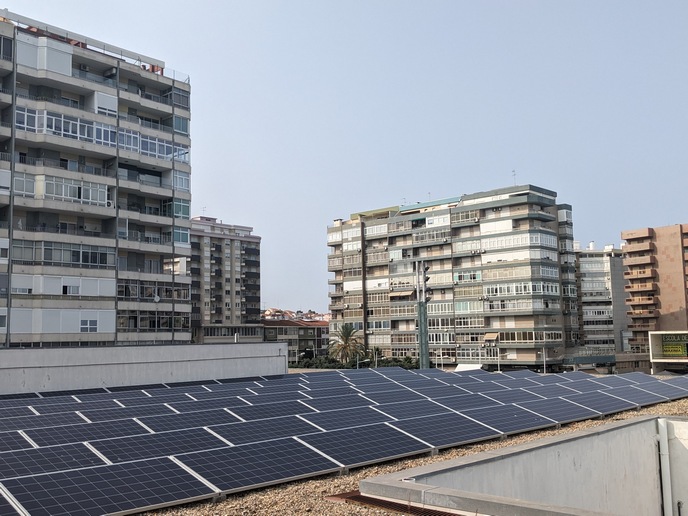Evaluating the robustness of microgrids
Microgrids enable the integration of distributed, often smaller, sources of energy to provide power to local customers. They can be connected to larger networks or can operate autonomously. Their advantages include promotion of Renewable Energy Sources (RES), such as wind and sun, increased thermal recovery and decreased losses during electricity transmission. Safety and reliability are among the issues currently preventing widespread adoption of microgrids. The Institute for Systems and Computer Engineering of Porto (INESC Porto) performed a comprehensive assessment of these issues during the EESD project entitled MICROGRIDS. INESC Porto engineers applied Artificial Intelligence techniques, namely machine learning, to investigate the vulnerability of microgrids to sudden, unexpected disconnections from the main power grid. In these situations large frequency excursions can be induced during the changeover to autonomous mode. In the worst case, these frequency excursions can result in total system failure. Data for the representative learning set was generated from a number of different scenarios with varying generation and load characteristics. Analysis of the data enabled the creation of a security index that represents the relative risk associated with certain operating conditions. INESC Porto acquired considerable expertise during the project and is now looking for opportunities to further develop its related software.







